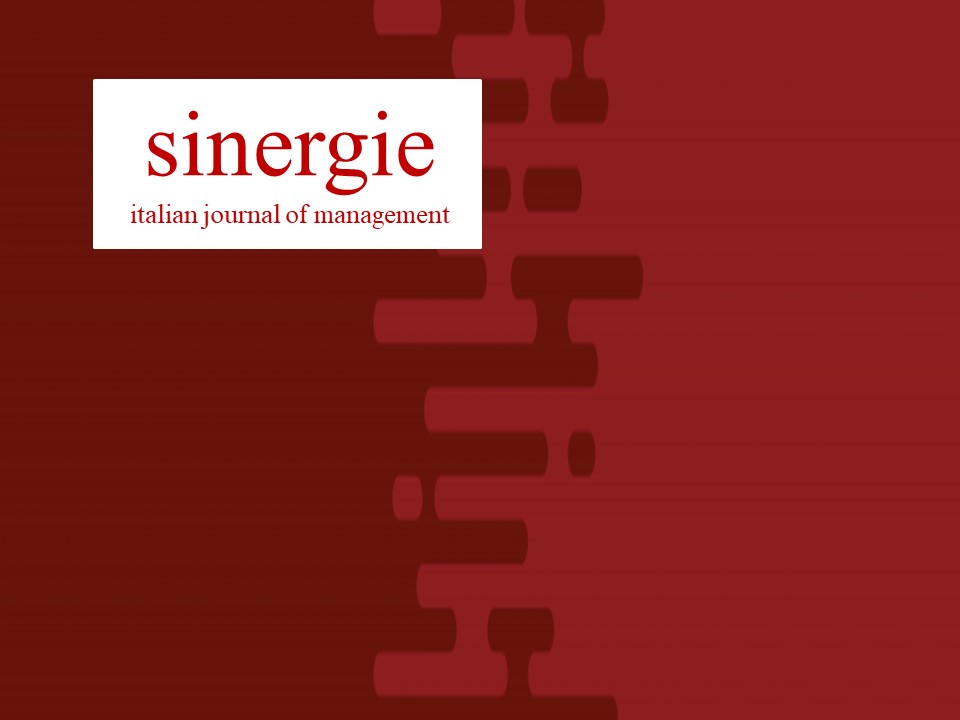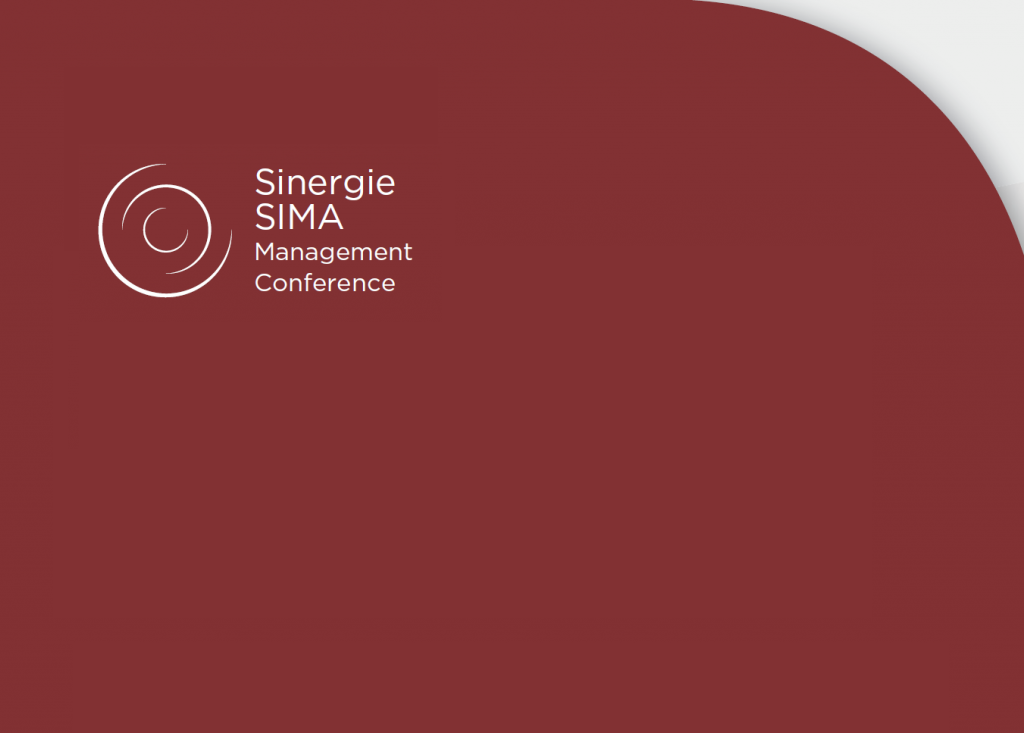Il management come scienza sociale: una rilettura delle teorie sulla corporate governance
Our paper sets out to open the debate on the question of corporate governance – a key topic at the Conference – taking its cue from some considerations in Goshals article (2005). We aim to tackle the methodological and epistemological questions that underpin Goshals work and re-interpret agency theory and other theoretical contributions on corporate governance in light of such epistemological basis. Starting from the Pretence of Knowledge of economic science (von Hayek, 1974), deriving from the intent to use the same methods as the exact sciences, we propose to interpret the theoretical approaches used in economics to deal with the problem of demarcationism (identification of suitable parameters to distinguish a scientific theory from one that is not). This leads us to indicate a possible post-positivist methodological orientation based on four principles: 1) the aim of theoretical analysis is not so much to reveal the truth as to activate a possible vision of the world; 2) the cognitive act does not depend only on the characteristics of the object observed, but also on the characteristics of the observing subject; 3) we must capitalise upon reciprocal contamination between methods considered typical of the natural sciences and those deemed to belong to the exact sciences; 4) the coexistence of different viewpoints and the impossibility of complete dominion of reality do not entail giving up method in the Weberian sense.
The issue of corporate governance is handled within the above conceptual framework. The existence of a simplification of the principal-agent relationship, as described by agency theory, is argued through a historico-theoretical reconstruction of corporate theory on the issue of governance. The transition from entrepreneur-firm (which combines the prerogatives of knowing, coordinating and investing) to the firm-organisation (in which the owner no longer holds complete power of disposal) prevents the use of linear linkages in analysing the phenomenon of governance. Instead, it imposes a conception of the corporate system as the site where there is the co-presence of different subjects, bearers of their own projects and their own baggage of knowledge. Within this rationale, the relationship follows the theoretical contribution supplied by contract theory, starting from the original contribution of Coase (1937).
This discussion is supported by some evidence found in empirical analysis, in which the following issues are tackled: the relationship between capital concentration and firm performance, family-run firms, the presence of a financial investor in the shareholding, and phenomena like those of double agency and multiple agency.
In conclusion, rejecting the notion of having to choose between a hierarchy of capital and one of labour, we propose to view governance as the possibility of building a system of organizational structures and internal rules that can allow and support alternation between capital and work, according to knowledge possessed and specific contextual conditions.


